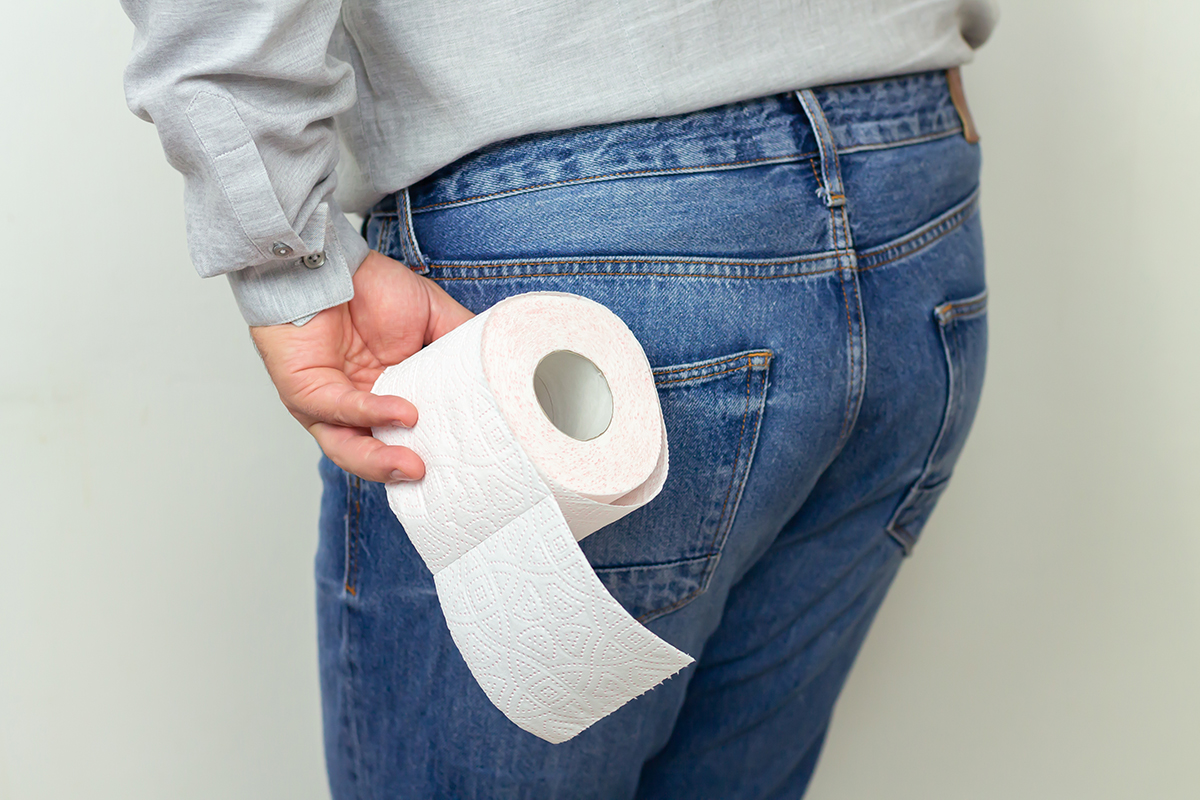Nothing affects your quality of life quite like fecal incontinence. You may find yourself avoiding any type of gathering due to the potential embarrassment of losing bowel control. The condition affects both your work and social life. The doctors at Piedmont Colorectal Associates discuss treatments for fecal incontinence that can restore your quality of life.
Fecal Incontinence
If feces leak out of the rectum when you don’t want them to, that’s fecal incontinence. While older people and women in general are more prone to fecal incontinence, it can happen to anyone. Some sufferers do not feel the urge to go to the bathroom. Others find that physical activity causes stool leakage. Chronic constipation can lead to fecal incontinence.
Treatment for fecal incontinence depends on the cause. Evaluation by a colorectal surgeon and diagnostic testing should pinpoint why a patient experiences the inability to hold stool until they can reach a bathroom.
Dietary Changes
Chronic diarrhea is one of the most common types of fecal incontinence. Figuring out what triggers diarrhea — or constipation — and making the appropriate dietary changes can make a world of difference.
Stay away from spicy or greasy foods if diarrhea is a problem. Caffeine has a laxative effect on some people. So do dairy products. Treat constipation by consuming foods rich in fiber.
Bowel Training
Training yourself to defecate at certain times of the day can improve fecal incontinence. Generally, this defecation is after mealtimes. It can take weeks or months to bowel train successfully, but it can alleviate incontinence issues. Bowel training usually incorporates pelvic floor muscle exercises to strengthen the anal, rectal and pelvic floor muscles.
Medication
Over-the-counter anti-diarrheal products can help keep symptoms at bay in the short term. So can fiber supplements if constipation is the culprit.
Certain diseases can lead to fecal incontinence. These include:
- Crohn’s disease
- Irritable bowel syndrome
- Ulcerative colitis
If diagnosed with such a condition, the doctor may prescribe medications specifically for these ailments.
Surgery
If the patient does not respond to other therapies, or if the anal sphincter is damaged, surgery may prove necessary. Such surgeries include a sphincteroplasty. Vaginal deliveries or injuries can cause sphincter tears. This procedure reconnects the anal sphincter’s separated ends.
In some cases, an artificial sphincter is installed. However, this surgery has a high complication rate.
If all other surgical options have failed, the patient may undergo a colostomy. This procedure creates an opening in the abdomen in which the colon is brought to the surface. A pouch attached to the abdomen collects feces.
For More Information, Arrange a Consultation
If fecal incontinence is taking a toll on your quality of life, schedule a personal consultation with the Piedmont Colorectal Associates team.


